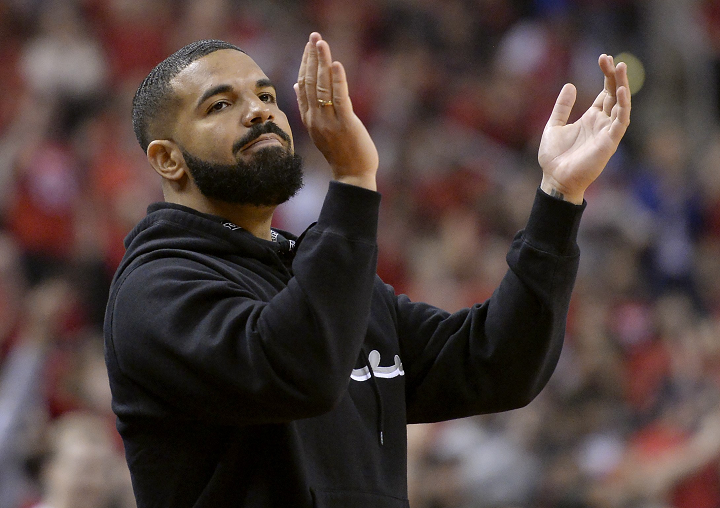TORONTO – When Derek Denis asks his Toronto-area students about what kind of slang words they’re using, he says he usually gets cringes in response.

But the assistant professor at the University of Toronto Mississauga isn’t just trying to keep with the times.
For the last two years, he’s been studying Toronto’s vocabulary and the way the city’s ethnic diversity sets its lexicon apart.
Phrases like “mans” and “waste yute” have been around for years, but Denis said Toronto’s growing pop culture profile means the city’s local lingo is being adopted by Torontonians of all stripes.
“Drake didn’t create any of these (words), but we can definitely point to his global influence as a catalyst,” Denis said. “When he starts using these words, whether people want to admit it or not, it brings a sort of pride to this city.”
Denis said that’s a basic function of slang: to demarcate social boundaries and make you feel like you’re in the “in-crowd” by knowing the phrases.
He said Toronto’s lexicon is noteworthy in large part because of its unmatched diversity. As a result, everyday slang words pull from Arabic, Somali and Patois references, among others.

Get breaking National news
During the Toronto Raptors’ championship run, a fan-made sign referred to the opposing Milwaukee Bucks as the “Milwaukee Bucktees,” bucktee being an insult deriving from a similar word in Somali.
There are countless other words that are Toronto-centric. If you tell someone to “nize it,” you’re telling them to shut up, or if you call someone a “waste yute,” you’re calling them a silly kid. Both of those phrases have Patois roots.
Other phrases are even more simple. “Wallahi” means to swear on god in Arabic, but is commonly used by young people in Toronto and other cities as an alternate way to emphasize a statement.
The global nature of Toronto slang makes it hard to say whether the phrases are specifically from the city, Denis noted.
“But there’s an extremely strong association with these words and Toronto,” he said.
Many of Toronto’s slang words are shared with London, England, where slang has also been shaped by Caribbean influences.
One of the words he’s particularly interested in is “ahlie,” another Patois expression that gets thrown on to the end of a sentence in much the same way somone might end a statement with “right?”

“It functions similarly to ‘eh’ in normative Canadian English,” he explains. “For there to be this new feature that’s similar is really interesting to me.”
One of the early references to Toronto’s unique lexicon came from Kardinal Offishall in 2000 when he released “BaKardi Slang,” a rap song outlining the city’s local phrases.
Despite Denis’ interest, he still gets an embarrassed response when he asks his students whether they use the slang words he’s learning about. It’s something he’d like to change.
“There’s kind of this shame around it, because there’s this association that people who use it are the kind of kids who are goofing off on the bus,” said Denis.
“I’d like to flip that association and highlight the fact that it’s something to be proud of and it’s something that has features from languages all over the world.”







Comments
Want to discuss? Please read our Commenting Policy first.